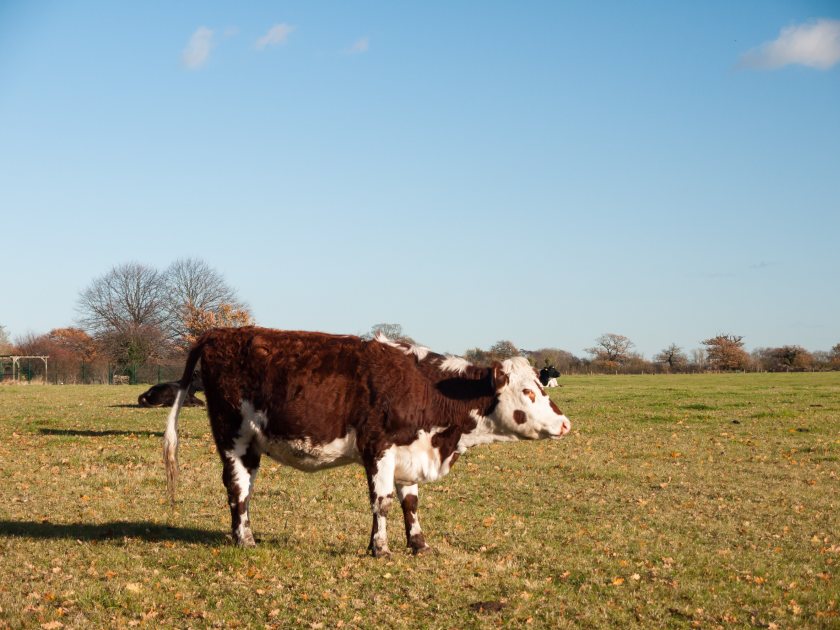
Livestock farmers can now use a new PCR test to detect and identify a severe disease in sheep and cattle, for which there is no vaccine currently available.
The Agri-Food and Biosciences Institute (AFBI), based in Northern Ireland, is offering the £20 test for farmers to detect malignant catarrhal fever (MCF).
The deadly disease can affect multiple organ systems, including respiratory, gastrointestinal, neurological, and skin.
Symptoms can appear months after initial contact, and they can include reduced milk yield, fever, loss of appetite and depression.
No vaccine or specific treatments are currently available to combat MCF.
In the UK, it is most commonly caused by ovine herpesvirus-2 infection and is commonly found in sheep, who are lifelong carriers, but are often undetected as the infection is subclinical.
However, MCF in cattle can result in a morbidity rate of over 95%, with death occurring within 5-10 days of clinical onset.
Whilst transmission from sheep to cattle is poorly understood, it is recognised that pregnant or recently lambed sheep and neonatal lambs pose the greatest risk of spreading MCF to cattle.
An AFBI spokesperson said: MCF is a severe disease of cattle, deer and other hoofed animals and AFBI now offer a MCF PCR to detect virus nucleotides that compliments the existing MCF antibody test.
"As some of the clinical signs are like those seen in other diseases such as BVD, severe IBR and Bluetongue, it is important to discuss such cases with your PVP.
"MCF can be confirmed through laboratory testing at AFBI."
